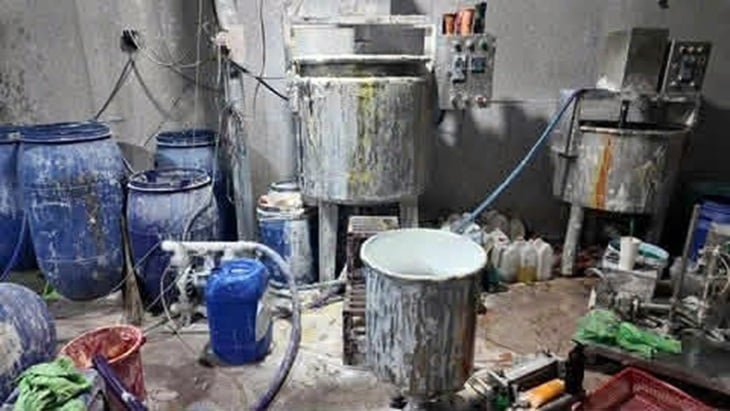
Inside a fake cosmetics factory in Ho Chi Minh City - Photo: Provided by Ho Chi Minh City Police
This is a worrying issue when the demand for beauty is increasing but the market is flooded with fake, poor quality cosmetics , causing direct harm to the skin and health of users.
Continuous discovery of fake cosmetics and smuggled goods lines
The recent cosmetics smuggling case involving MK Skincare Company owned by the director and his wife of the Mailisa beauty salon system has attracted great public attention.
According to the Ministry of Public Security , from 2020 to 2024, Phan Thi Mai and her husband Hoang Kim Khanh bought cheap, poor quality cosmetics from Guangzhou (China), then colluded with Chinese subjects to falsify documents, "transforming" the origin to Hong Kong in order to obtain a certificate of free sale (CFS).
This group smuggled cosmetics into Vietnam, advertised them as Hong Kong products, and sold them at prices many times higher, illegally profiting thousands of billions of dong. This is only from 3/100 main products provided by the Mailisa system on the market.
Ho Chi Minh City police have also just busted a large-scale counterfeit cosmetics production and consumption ring in Ho Chi Minh City and neighboring provinces, seizing thousands of counterfeit products of brands such as Vichy, My Gold Korea Red Ginseng... along with machinery and production materials. The value of the infringing goods is estimated to be up to billions of VND.
During the peak period of the fight against smuggling, trade fraud and counterfeit goods in Ho Chi Minh City, the cosmetics sector recorded many notable violations, the most common of which were product advertising when the competent authority issued a certificate of advertising content; cosmetics production not in accordance with the formula announced in the registration dossier...
Not only in the South, in the North, Bac Giang Provincial Police have also just destroyed a production facility, successfully selling more than 100,000 fake cosmetic orders through e-commerce platforms such as Shopee and TikTok.
Ho Chi Minh City Dermatology Hospital and the Central Dermatology Hospital both said that recently they have frequently received cases of severe skin damage caused by using cosmetics of unknown origin or counterfeit goods.
Common cases are contact dermatitis, irritation or reactions to pharmaceutical and chemical ingredients that users are unaware of because they are not clearly stated on the product label.
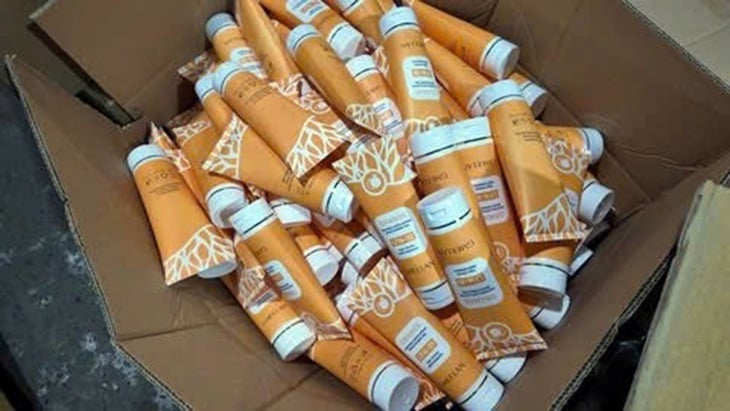
Counterfeit cosmetics seized
Great danger to skin and health
Speaking to Tuoi Tre , Dr. Tran Vu Anh Dao - Deputy Head of the Dermatology Department of Ho Chi Minh City Dermatology Hospital - said that fake and counterfeit cosmetic products pose a great danger to the skin and health of consumers because their ingredients are not tested, are not guaranteed to be sterile, and do not comply with standard production processes.
These products may contain corticosteroids, hydroquinone, especially mercury, lead or industrial bleaching agents..., which help brighten the skin quickly but cause skin atrophy, telangiectasia, acne, pigmentation disorders and contact dermatitis. Some types are also infected with bacteria or fungi causing pustules, folliculitis or widespread skin infections.
At the hospital, the patients are mostly young women, office workers or students. They often buy goods through social networks, livestreams or "hand-carried goods" without verification.
Some cases are middle-aged women who come to the clinic because of chronic skin complications, even leaving permanent aesthetic sequelae due to prolonged use of poor quality cosmetics.
Dr. Vu Thai Ha - Head of the Department of Research and Application of Stem Cell Technology, Central Dermatology Hospital - emphasized that skin care cosmetics not only have a beautifying effect but also contribute to protecting the skin and overall health. Therefore, choosing products with clear origin and quality control is extremely important.
Recently, many cosmetics have been found to have undeclared ingredients. Failure to disclose cosmetic ingredients is very dangerous. Users do not know the content and dosage, so they can easily overdose on strong active ingredients, which can affect the health of the whole body, not just the skin area where the medicine is applied.
According to Dr. Ha, many people want to beautify themselves quickly, cheaply, effectively and safely. But in reality, to be effective and safe, it is not possible to be both fast and cheap.
"There was a patient who came to see a dermatologist because her melasma was getting worse and worse without knowing why. When the doctor asked, he found out that the patient had been using cheap skin care creams that were bought illegally for a long time, causing exogenous pigmentation disorders. This is a very common problem among patients when they come to see a dermatologist," said Dr. Ha.
Talking to Tuoi Tre , Dr. Nguyen Tien Thanh - Vietnam Dermatology Association - said that fake cosmetics are a big threat to skin and body health. Poor quality products often contain peeling agents and corticosteroids. Their ingredients and content are not controlled.
Users cannot know the actual concentration, leading to the risk of peeling, burning, thinning of the skin, increased sensitivity, severe acne, hyperpigmentation, vasodilation, and a weakened skin barrier.
In addition, fake cosmetics are also mixed and produced with rudimentary tools, not sterilized, easily contaminated with microorganisms. This causes damage, infection, pustules, folliculitis, dermatitis.
Using products containing toxic chemicals for a long time can cause skin necrosis, this is the most serious consequence of poor quality cosmetics.
How to know fake cosmetics?
To identify fake cosmetics, Dr. Anh Dao gives sensory instructions, consumers can pay attention to some signs: packaging, labels, blurred or misspelled letters, lack of anti-counterfeit stamps, no cosmetic declaration number or clear production date and expiration date.
In terms of scent, fake products are often strong, pungent or change abnormally. The cream texture is too thick, separates or changes color after opening the lid. In particular, products that are effective too quickly (whitening, reducing acne, fading dark spots after just a few days) are often signs of containing strong active ingredients or corticosteroids.
"People should only buy cosmetics at pharmacies, stores or authorized agents. Check the announcement number on the Drug Administration of Vietnam ( Ministry of Health ) portal to authenticate the product.
Avoid following advertisements for "instant whitening, melasma removal after 3 days" because most of the products contain corticosteroids or strong bleaching chemicals.
"If you experience redness, burning, itching or peeling after using cosmetics, you should stop immediately and see a dermatologist," Dr. Anh Dao recommends.
Cosmetic management will be tightened.
The Ministry of Health said that in the coming time, cosmetics management will be one of the areas that will be especially strengthened, in the context of a market boom in both the number of products and participating businesses.
According to Mr. Ta Manh Hung - Deputy Director of the Department of Drug Administration (Ministry of Health), cosmetics are currently being managed by the declaration method, which means switching from pre-control to post-control, similar to functional foods.
According to current regulations, imported cosmetics are declared at the Drug Administration Department (Ministry of Health), while domestically produced cosmetics are received by health departments. The product declaration procedure is quite simple, just submit the declaration form and accompanying documents, the processing time is five working days.
After the publication number is issued, the quality control moves to the post-control stage.
Besides, currently cosmetics production is a conditional business that requires a license; while cosmetics trading is not a conditional business. Enterprises only need to register according to the provisions of the Investment Law to be able to open a cosmetics store.
This makes market management difficult, while post-inspection resources are limited. Every year the number of cosmetic declaration forms increases rapidly, far exceeding the comprehensive monitoring capacity of the authorities.
Mr. Hung commented that the current legal system for cosmetics is still weak and outdated compared to the pharmaceutical sector. To overcome these shortcomings, the department is advising the Government to issue a new decree on cosmetics management.
The Decree will create a more complete legal corridor, clearly defining business responsibilities, post-inspection mechanisms, and the right to sample and test by authorities.
At the same time, the decree also aims at consistent management from production, business to quality supervision to ensure consumer safety.
Source: https://tuoitre.vn/canh-bao-my-pham-gia-dang-cay-da-mat-nguoi-dung-20251124232747606.htm



![[Photo] Prime Minister Pham Minh Chinh receives Governor of Gunma Prefecture (Japan) and Special Advisor to the Japan-Vietnam Friendship Parliamentary Alliance](/_next/image?url=https%3A%2F%2Fvphoto.vietnam.vn%2Fthumb%2F1200x675%2Fvietnam%2Fresource%2FIMAGE%2F2025%2F11%2F25%2F1764066321008_dsc-1312-jpg.webp&w=3840&q=75)
![[Photo] Close-up of Ba Ha River Hydropower Plant operating to regulate water to downstream](/_next/image?url=https%3A%2F%2Fvphoto.vietnam.vn%2Fthumb%2F1200x675%2Fvietnam%2Fresource%2FIMAGE%2F2025%2F11%2F25%2F1764059721084_image-6486-jpg.webp&w=3840&q=75)



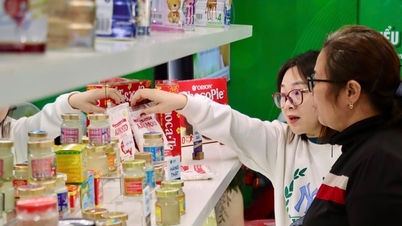

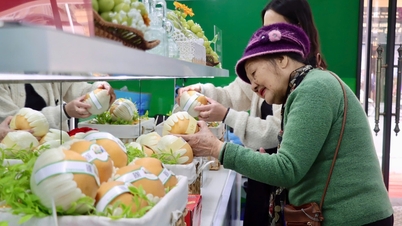
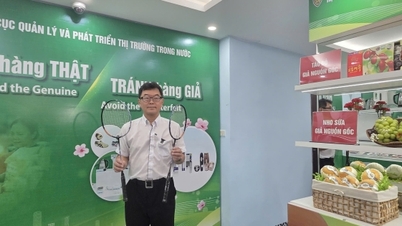



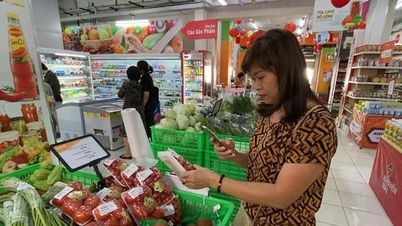



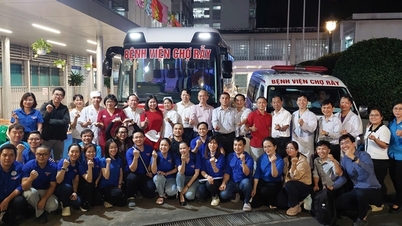

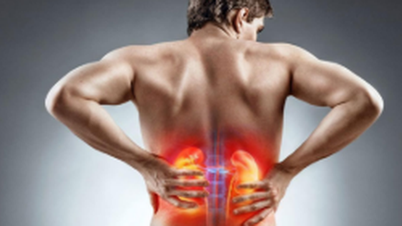
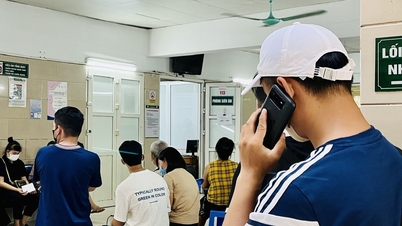

![[Video] More and more foreigners come to Vietnam for medical treatment](https://vphoto.vietnam.vn/thumb/402x226/vietnam/resource/IMAGE/2025/11/25/1764075012380_10-nam-kham-chua-benh-403-jpg.webp)

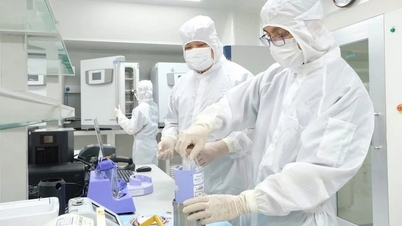






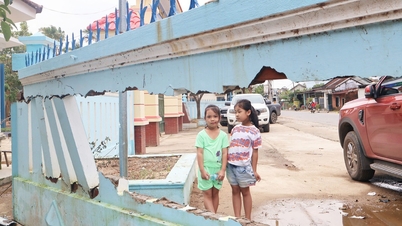




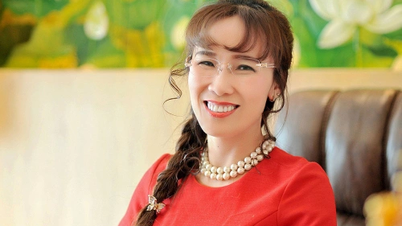


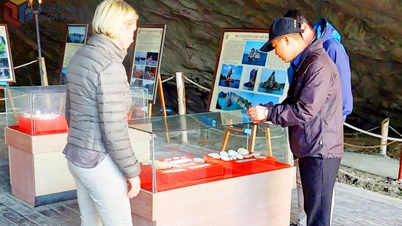

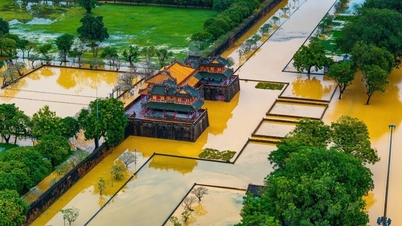
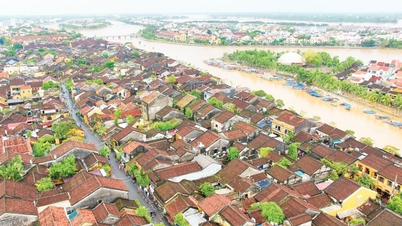
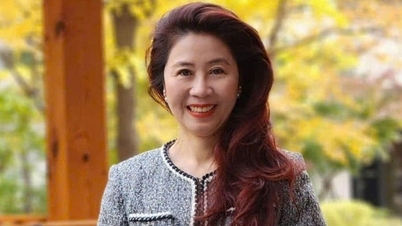
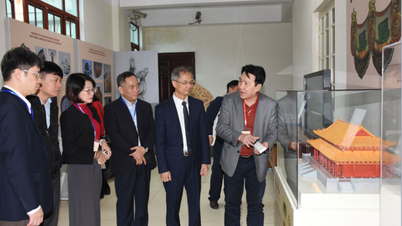

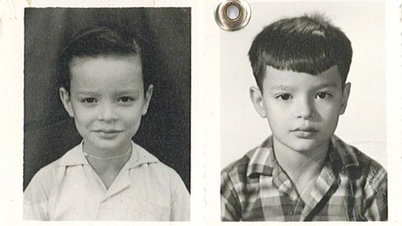






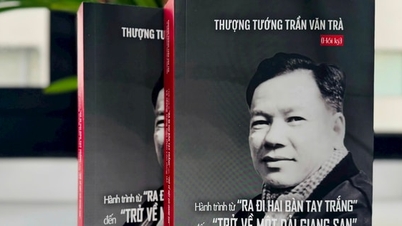





![[Answer] Should I install an elevator for an old renovated house?](https://vphoto.vietnam.vn/thumb/402x226/vietnam/resource/IMAGE/2025/11/25/1764039191595_co-nen-lap-thang-may-cho-nha-cai-tao-cu-khong-04.jpeg)
















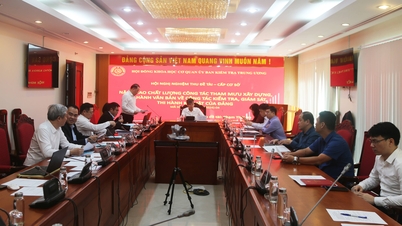

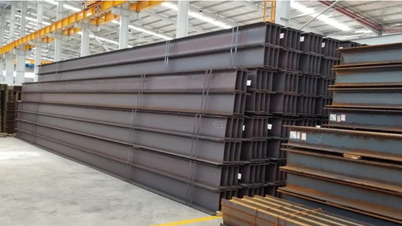

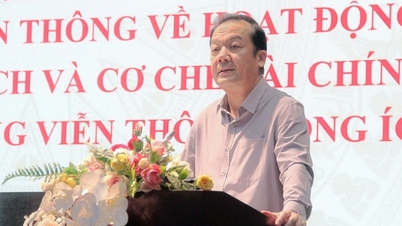


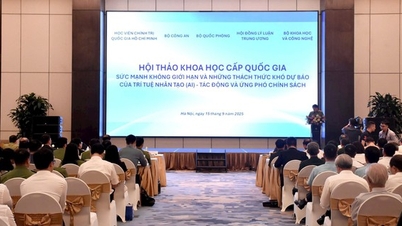




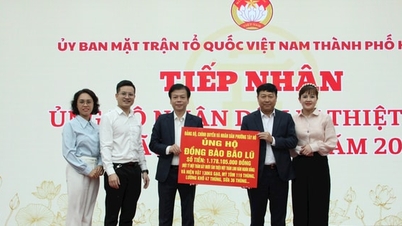
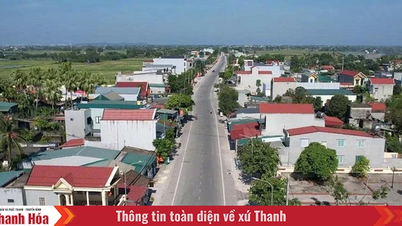















Comment (0)